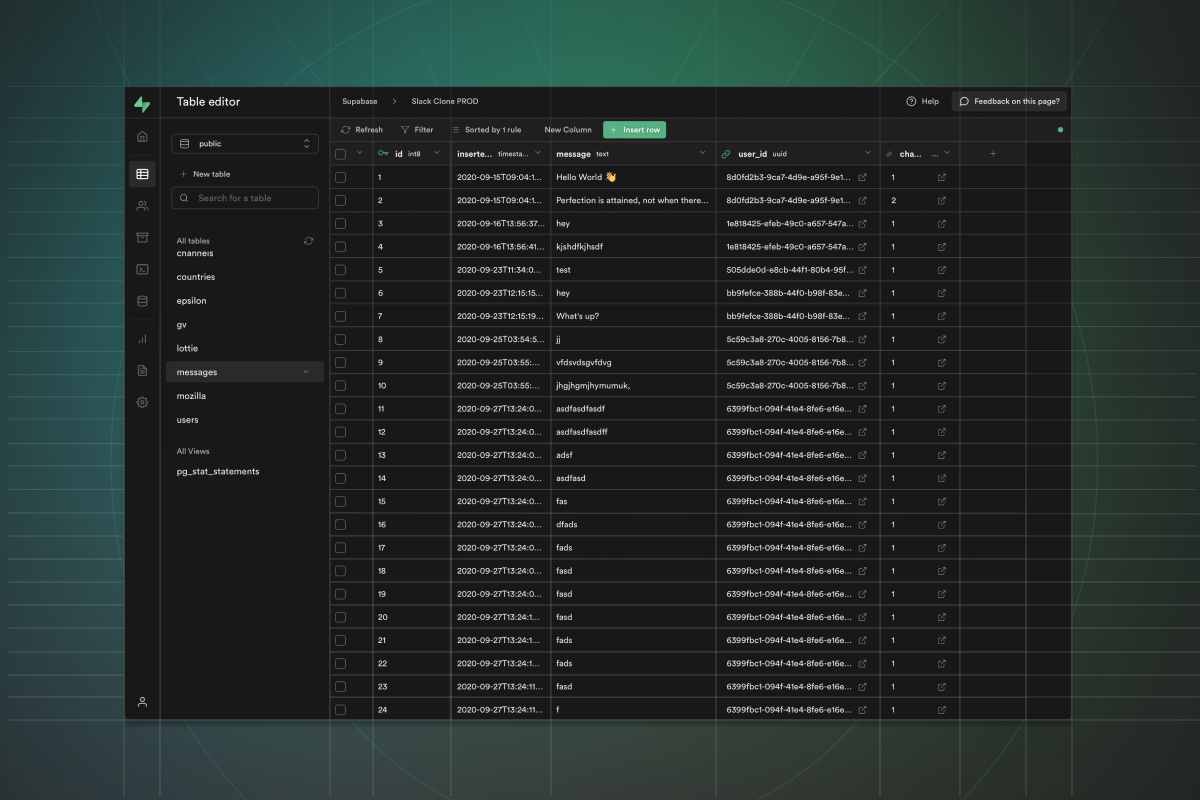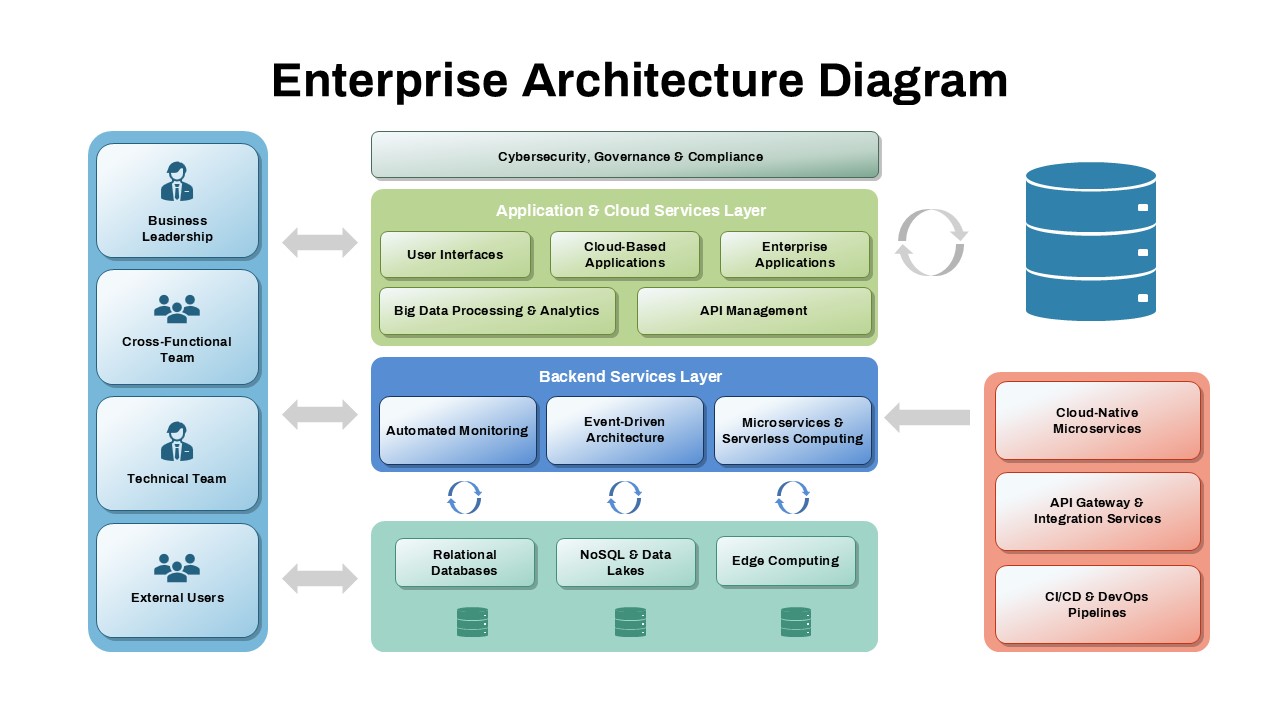Why This Decision Matters More Than Your Last Architecture Review
Every enterprise CTO faces this moment: your current backend solution is either bleeding money or can't scale to your growth projections. You're evaluating Supabase and Firebase Enterprise, and this decision will define your technical strategy for the next 3-5 years.
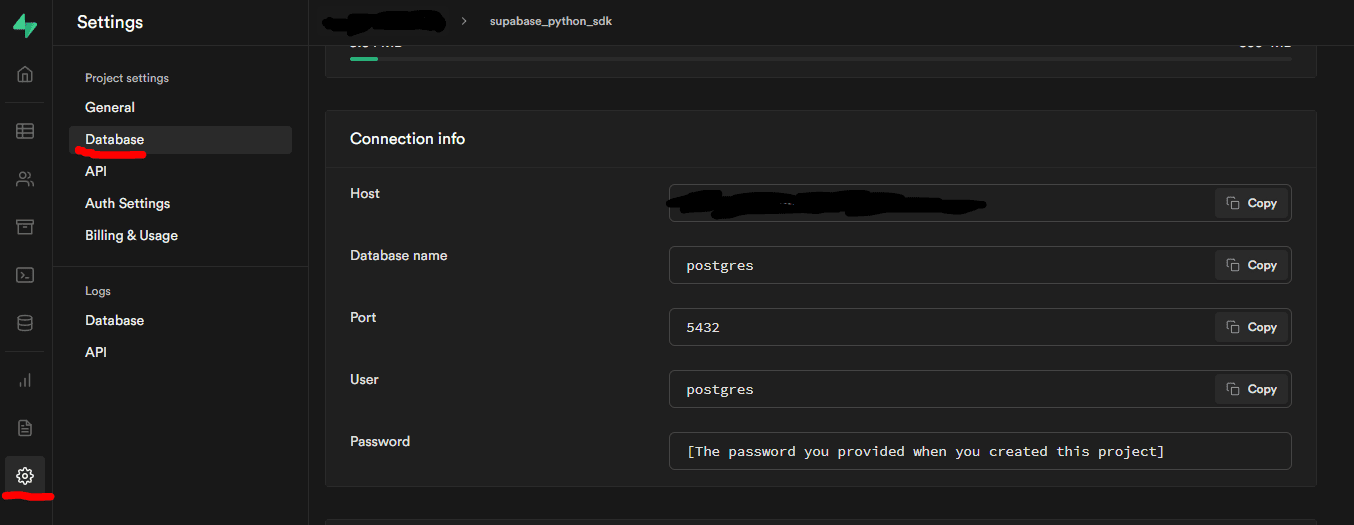
I've been through this decision more times than I want to count with enterprise teams from Series B to Fortune 500 companies. Here's what actually happens when you make this choice.
The Scale Reality: When Good Solutions Break Bad
Firebase costs start fine then explode without warning. Watched one company's bill go from like twelve grand to over a hundred and fifty during launch. Still gives me nightmares. Google's pay-per-operation pricing means success literally bankrupts you. No caps, no warnings, just exponential growth that gets you called into the CFO's office at 6am asking why you didn't see this coming.
Supabase Enterprise offers predictable tier-based pricing starting at $599/month for the Team plan, scaling to custom Enterprise pricing. The key difference: you pay for resources (compute, storage, bandwidth), not operations. This architectural choice fundamentally changes your cost trajectory - no more surprise bills that make your board question your competence.
Compliance Realities: SOC2, HIPAA, and Board Presentations
Here's where Firebase really fucks you: compliance is scattered across like 12 different services. Try explaining to auditors why Firebase Auth has different compliance than Firestore, which has different compliance than Cloud Storage.
Supabase: SOC2 Type 2 and HIPAA compliance included on Team ($599/month) and Enterprise plans. Want a BAA? Click a button in the dashboard. Done. No sales calls, no negotiations, no "let me check with my manager" bullshit.
Firebase: Compliance varies by service because of course it does. Firebase Authentication requires Identity Platform upgrade for enterprise features. HIPAA support exists but requires enterprise contracts and custom configurations. Each service has different compliance boundaries because Google loves making simple things complicated.
Supabase compliance took thirty minutes. Firebase compliance took four months of "let me loop in my solutions architect" horseshit. Both platforms end up compliant, but one doesn't make you want to quit your job.
Technical Architecture: SQL vs NoSQL at Enterprise Scale

Firebase's NoSQL approach will make you question your career choices.
Firebase's NoSQL Approach

- Strengths: Automatic scaling, offline-first mobile apps, real-time synchronization
- Enterprise Pain Points: Try building a fucking report in Firestore and you'll understand. Want to join data? Hope you enjoy dozens of separate document reads. Query costs scale with complexity, so analytics queries literally bankrupt you.
- Reality: Every Firebase team ends up adding BigQuery for analytics because Firestore can't handle real queries. Now you're syncing data between two databases like an amateur.
Supabase's PostgreSQL Foundation

- Strengths: Full SQL capabilities means you can actually write queries that work. Mature ecosystem, predictable performance optimization, and you don't need a PhD to understand your data model.
- Enterprise Pain Points: Manual scaling decisions, PostgreSQL connection limits (
FATAL: sorry, too many clients already- default limit is 100), real-time features need more error handling than Firebase - Reality: Most enterprise teams already know SQL. Firebase's
where('field', '==', value)syntax is weird as hell.
Migration and Lock-in Considerations
Firebase Lock-in Reality: Proprietary APIs, Security Rules syntax that looks like it was designed by aliens, Firestore query limitations that'll make you cry. Migration tools exist but they're about as helpful as a chocolate teapot. Expect 6-12 months of pain for complex applications, plus the joy of rewriting your entire security model.
Supabase Portability: Open-source core, standard PostgreSQL that works with literally every database tool ever made, self-hosting options when you inevitably want to escape vendor lock-in. Migration paths exist to AWS RDS, Google Cloud SQL, Azure Database - basically anywhere PostgreSQL runs.
Vendor risk: Google has killed 180+ products. Supabase's open-source nature means you can run it yourself. Firebase? You're screwed if Google sunsets it.
Performance at Enterprise Scale
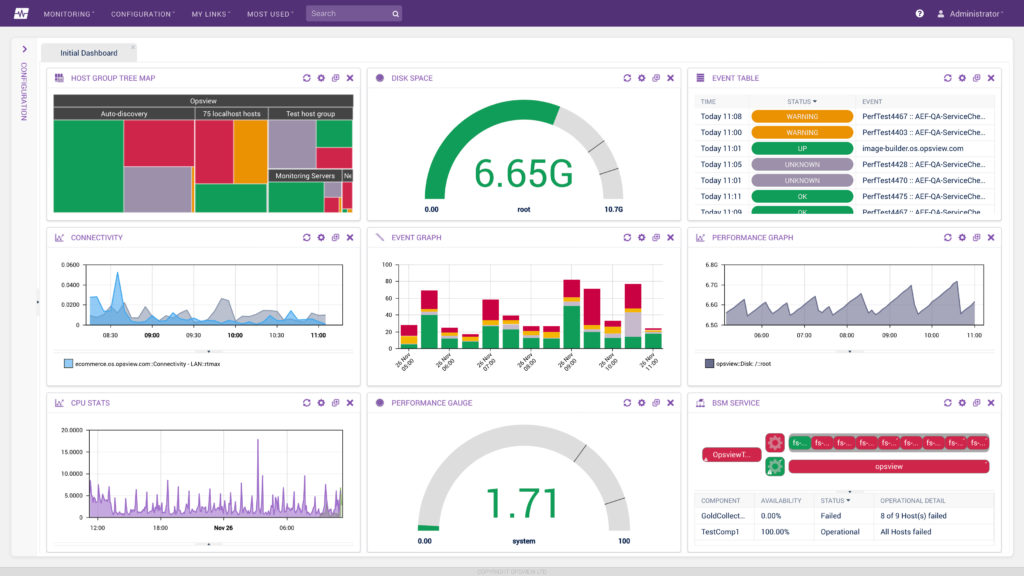
Production reality:
Read Performance:
- Firebase: Fast for simple document reads, but complex queries will make you question your life choices. Try aggregating data across collections and watch your app timeout like it's 1995.
- Supabase: PostgreSQL performance scales properly with decent indexing. Replaced twelve Firebase document reads with one SQL query. Performance went from 3 seconds to 300ms.
Write Performance:
- Firebase: Automatic scaling sounds great until you realize each write operation costs money. Heavy write workloads = bankruptcy.
- Supabase: Predictable performance, but you need connection pooling or you'll hit PostgreSQL's connection limit faster than you can say "too many connections."
Real-time Features:
- Firebase: Mature real-time synchronization, excellent offline support, bulletproof reliability. This is where Firebase actually shines.
- Supabase: PostgreSQL-based real-time works but drops connections. You'll be writing reconnection logic.
Development Team Considerations
Firebase Teams Need:
- NoSQL modeling expertise (good luck hiring for that)
- Firebase Security Rules knowledge (proprietary syntax that transfers nowhere)
- Mobile-first development experience
- Comfort with vendor-specific APIs that change whenever Google feels like it
Supabase Teams Need:
- SQL and PostgreSQL knowledge (every enterprise team has this)
- Traditional database administration skills (again, standard knowledge)
- API-first development patterns
- Row-Level Security (RLS) policy design (which is just SQL, so not rocket science)
Most enterprise teams already know SQL. Firebase knowledge locks you into Google's ecosystem.
The Bottom Line for CTOs
Both platforms serve enterprise needs, but optimize for different scenarios:
Choose Firebase Enterprise when:
- Mobile-first applications are your primary use case and real-time is mission-critical
- You can absorb unpredictable scaling costs without getting fired
- Your team already knows Firebase (sunk cost fallacy, but still a factor)
- You're building the next TikTok, not the next Salesforce
Choose Supabase Enterprise when:
- Cost predictability matters to your board (and your job security)
- You need complex analytical queries that don't require a PhD to write
- Open-source optionality provides strategic value (escape hatch from vendor lock-in)
- Your team has SQL/PostgreSQL expertise (most do)
- You're building data-intensive enterprise applications, not mobile games
The decision comes down to: are you building the next mobile-first platform or a data-intensive enterprise application? Your answer determines which architectural foundation makes sense - and which platform won't get you fired when the bills start rolling in.
None of this helps when the board wants to know why the Firebase bill tripled overnight.


